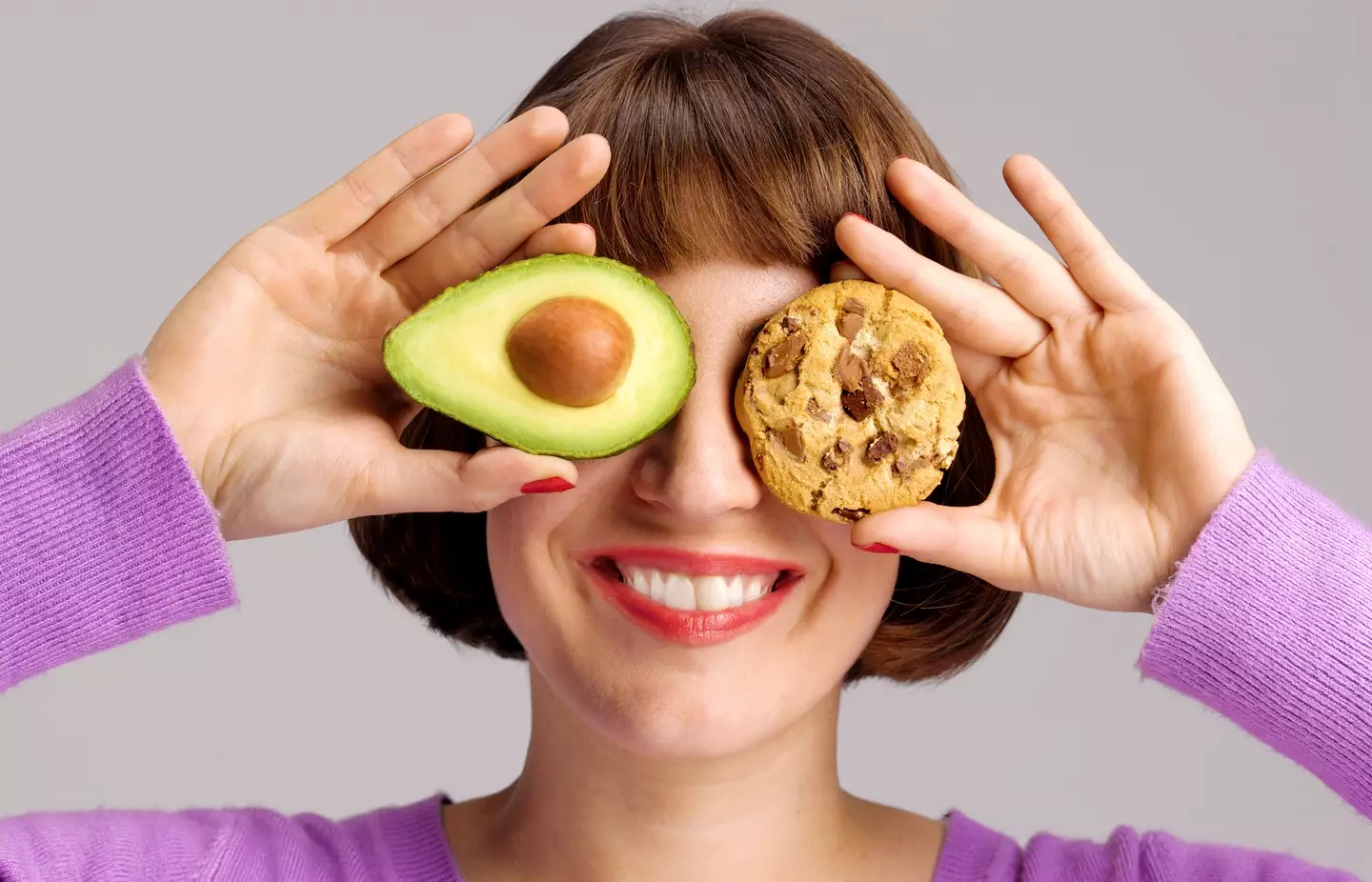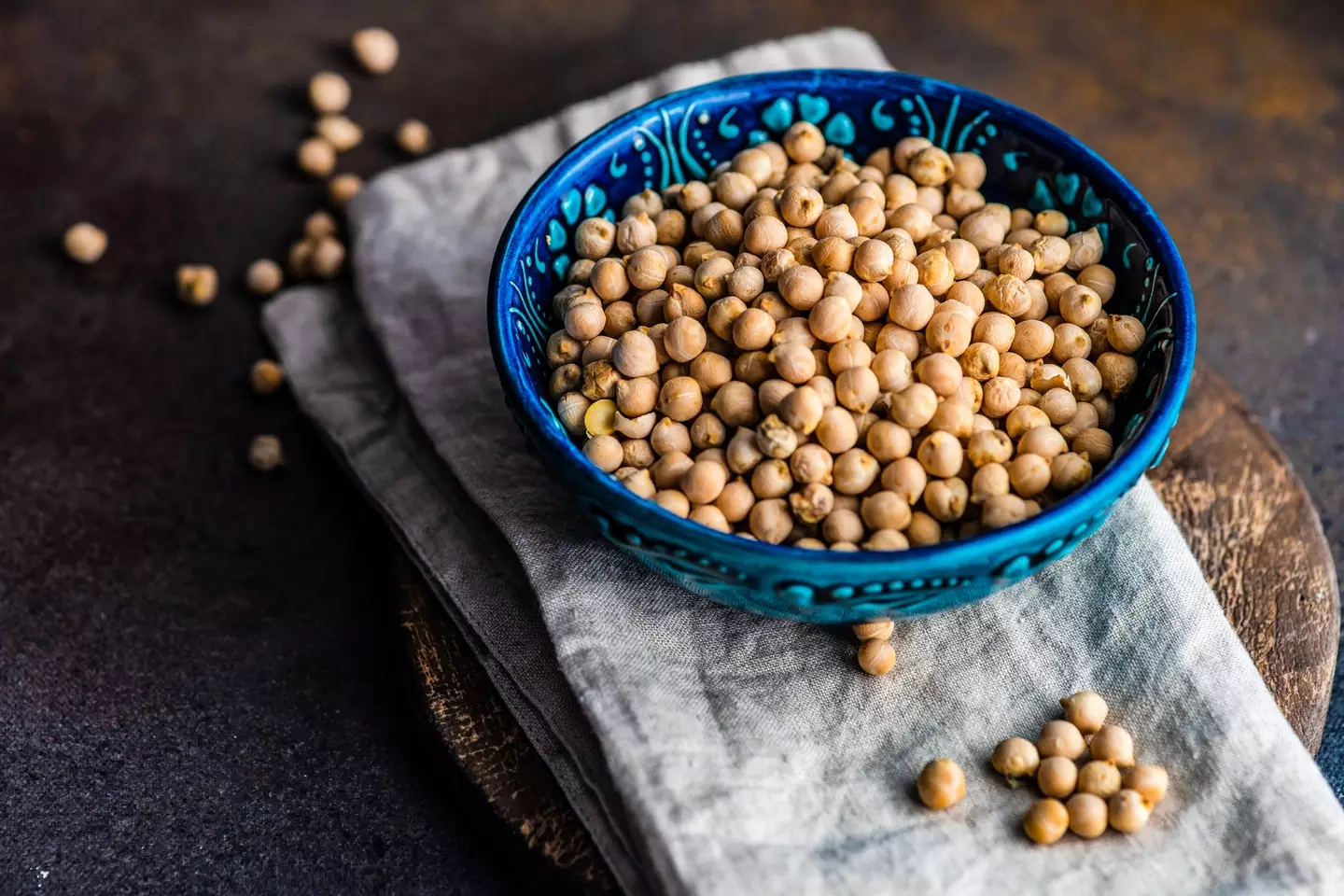
Health consciousness has hit new heights in recent years. Maybe the pandemic, with its constant health anxieties and the fact we were cooped up inside for the better part of two years, is to blame for the rise in friends and family running marathons and the resurgence of food-related shaming that goes on on social media.
You needn’t take things to extremes, but it’s of course a good idea to get plenty of exercise and eat a balanced diet. After all, you’ve only got one body, and the longer you can keep it healthy the better.

If you’re looking for ways to liven up the nutrition in your diet, chickpeas are a brilliant option. These versatile little legumes are the base for houmous and falafel, and they’re great in sandwiches, on salads, or mixed in with curries or pasta dishes.
Advert
Their earthy texture and bean-like bite is moreish too, and on top of that you’ll get a solid shot of protein, fibre, folate, iron and vitamin C with each portion.
They have been linked with reducing the risk of developing type 2 diabetes, and they provide support for brain and nervous system function too.
If that wasn’t enough, scientists have now linked chickpeas, known as garbanzo beans in the States, with lowing cholesterol.

Cholesterol in and of itself isn’t necessarily bad. It’s essential for cell structure, hormone and vitamin D production, and it’s helpful for digestion. However, at high levels it can put you at risk of heart disease, and it’s easy to get too much of it if you have an unhealthy diet and a sedentary lifestyle.
The study, reported at the 2025 American Society for Nutrition meeting, showed a cup of chickpeas or black beans each day reduced inflammation and cholesterol, two major risk factors for chronic illnesses as we age.
“Just adding one cup of beans a day can make some big differences,” said Indika Edirisinghe from the Illinois Institute of Technology.
The study involved a trial of 72 prediabetic people eating a cup of chickpeas, black beans, or white rice every day for 12 weeks.

By the end of the trial, the chickpea diet had reduced cholesterol levels from 200 to 186mg per decilitre. It’s only a 7% drop, but Edirisinghe said it’s ‘gold’ and demonstrates how the chickpeas can support a healthy lifestyle.
People from both the chickpea and black beans groups showed reductions in blood inflammation, and both are easily added to existing diets.
“They’re very common, they’re affordable and they’re accessible,” said Morganne Smith, another nutritionist at Illinois Tech who was involved in the study.
So, get out there and eat some chickpeas! Just be sure to wash them thoroughly first because the water they come in is an acquired taste to say the least.
